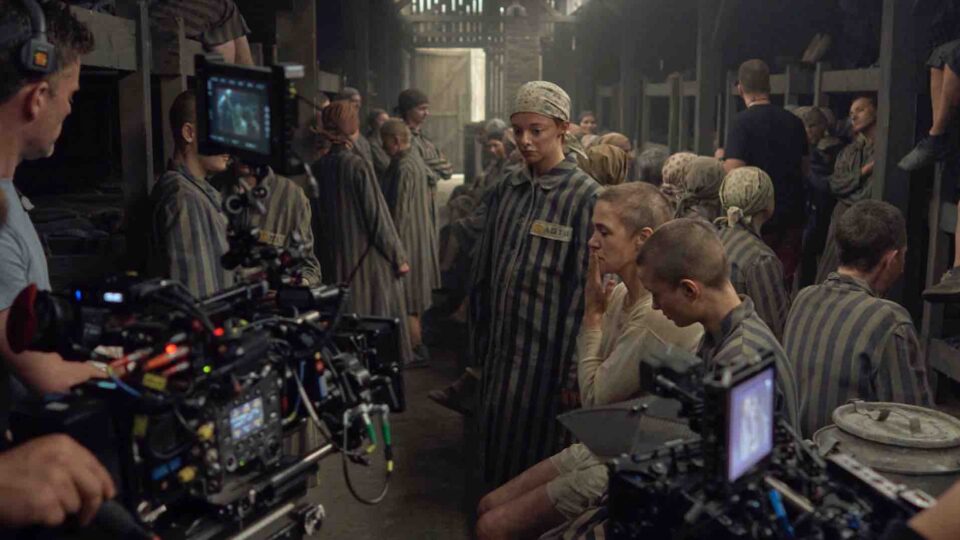There have always been competing views about the merits of in house post production and how far it is practical for indies to post their own shows.
Here producers and post houses debate the merits of in house post production.
Donna Mulvey-Jones, head of post and facilities, Maverick Television
"Aside from all the flexibility of having in-house post, the main attraction is in reducing risk as much as cost.
Sometimes savings can be made at production budget level to allow cheaper post lines in today’s struggling budgets.
It also enables companies to absorb overruns or avoid those little extras that all add up when you go out of house.
Savings made at production level allow more money to go back on screen.
But for most companies internal post is more than just saving monies in post budgets.
It’s about spending money internally that would otherwise have gone out the door to allow us to invest back in overall company development – but without any compromise to our output."
Marc Allen MD True North, producer of The Valleys (MTV)
“True North has developed in house post in two ways. The first was a natural reaction to significant volumes of programming commissioned as the company grew significantly.
This justified the investment in the kit, skills and talent that has now become an integral part of our home in Leeds.
The second was to expand these operations towards the talent and commissioners based in or around MediaCity in a joint venture with Flix Facilities, to use their expertise and technical staff to house and support our Manchester post production operations.
Both of these initiatives have worked. In house post might not be right for everyone. It depends on volume, the skill set of the people you can bring in and the type of programmes that you are making but its been the right move for us.”
David Klafkowski, joint MD, The Farm Group
"Whether or not to take your post in house is essentially a business decision.
For some shows it works, for some it doesn’t. If you have a returning commission which can utilize a good percentage of your hardware and personnel investment, then investing in post-production could be a sensible option.
Don’t forget though that if in order to realize a return on your investment you need to run your “set up” beyond your first job, your systems will need to be maintained and while software licenses appear to be good value, support contracts, updates and hardware upgrades come up with costly regularity.
My advice is to not automatically assume that working in house will be cheaper, look to the market to out-source some or all of your post services, there are some very creative solutions and deals to be had out there and partnering with a post house could well be the most “cost effective” option."
Adam Downey, head of post production, BSkyB
"In house post has come a long way in a short space of time. Initially it was all about indies needing to make savings in a world of falling broadcast budgets but since then there has been a significant evolution.
Its development has been aided by the emergence of file-based cameras, which saw in house handling full res media, as a result of which it began to make sense to handle the online in house as well.
The success of any in house post operation is determined more than anything by the respect that it is afforded within the company.
If it’s treated purely and simply as a way of saving money that’s fine, but by treating it as a profitable business whether working internally or externally then in house post can build the same respect that traditional post house enjoy.
In fact, there’s very little that separates them apart from the accountants and sales people."
David Wood
Share this story

















